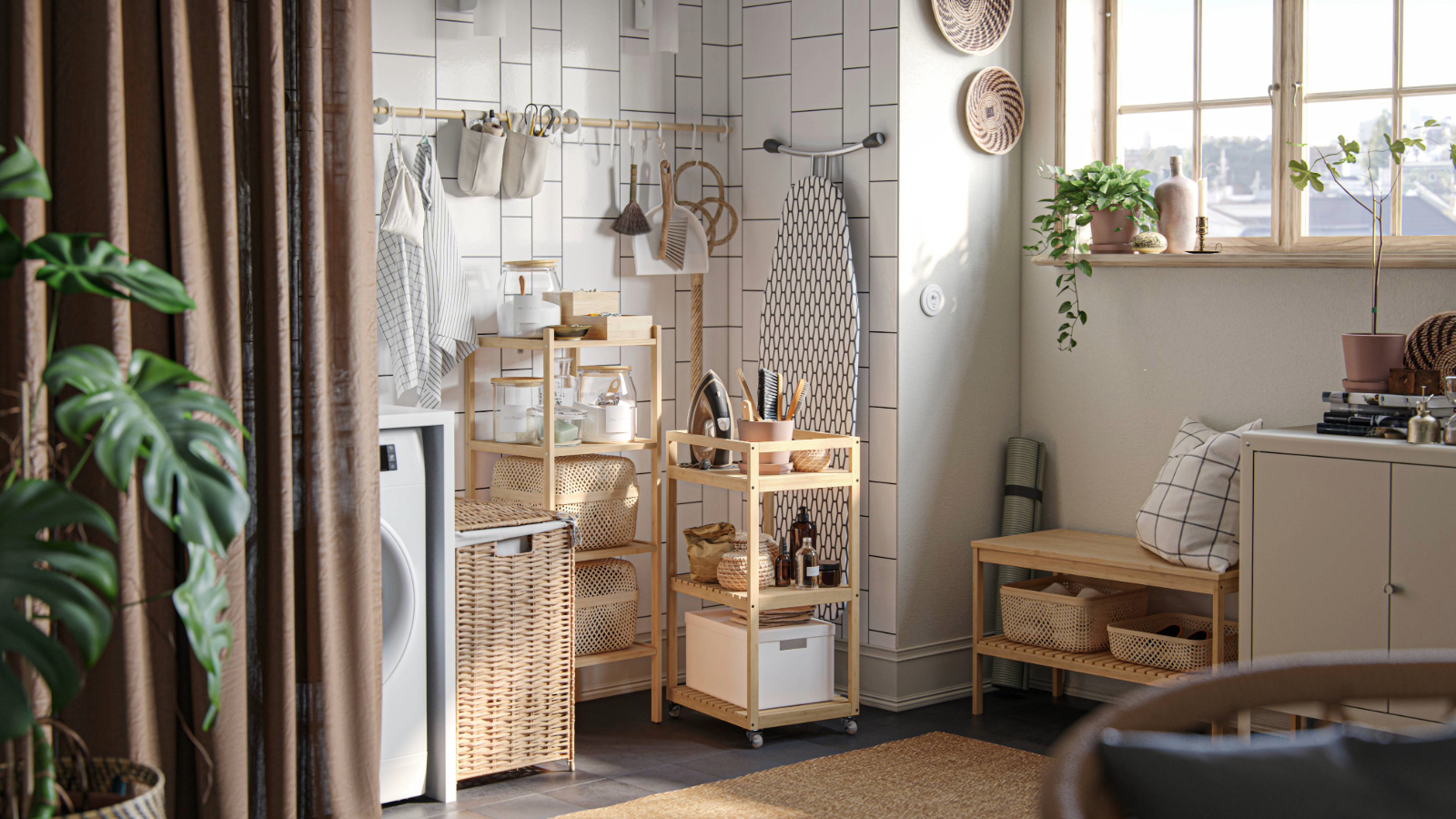Is your Combi boiler pressure too low or too high? Find out what it should be, how to fix it and when you should call in a professional
Check that your combi boiler pressure is set in the green zone, and discover the reasons why it might not be
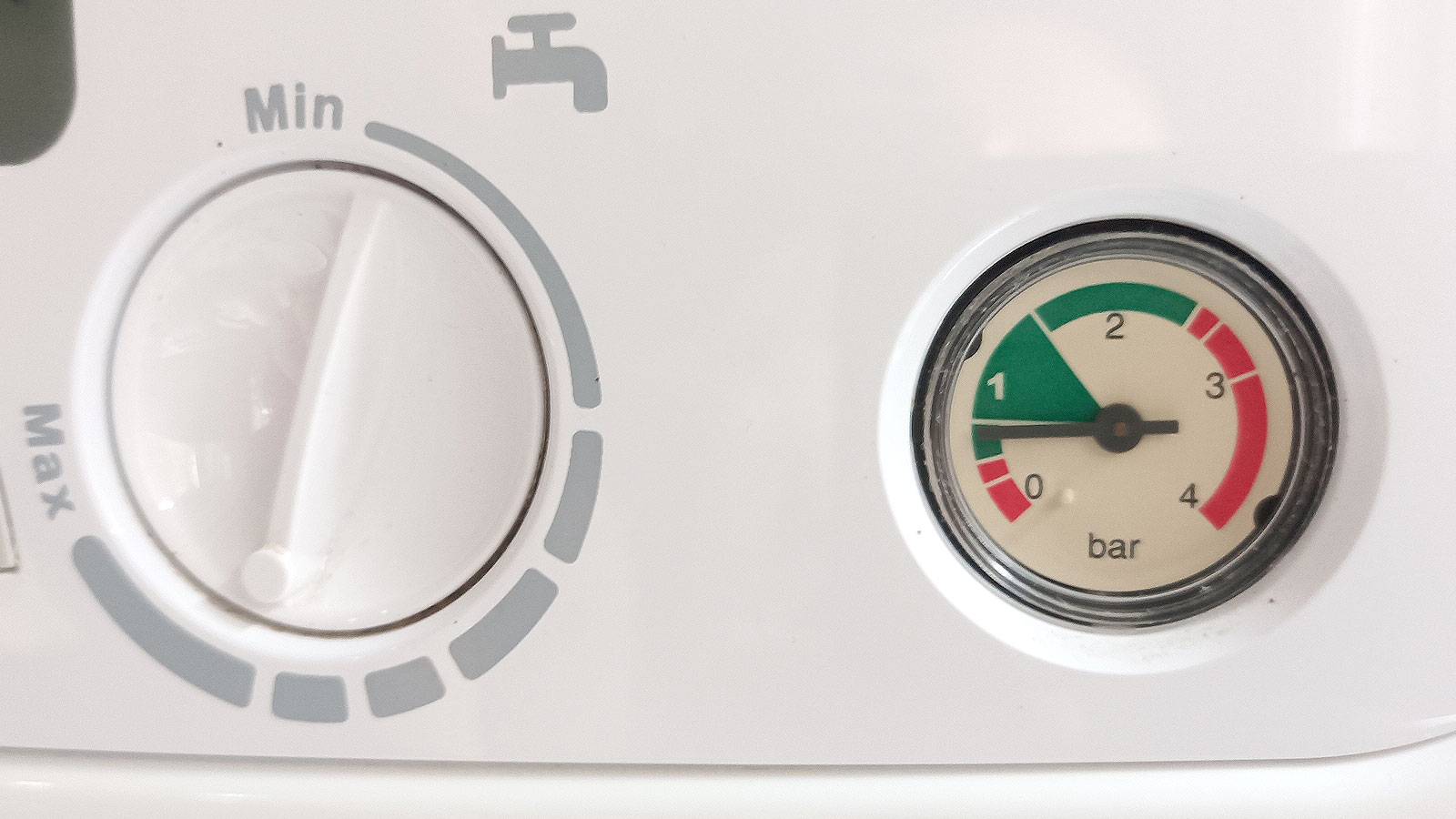
Bring your dream home to life with expert advice, how to guides and design inspiration. Sign up for our newsletter and get two free tickets to a Homebuilding & Renovating Show near you.
You are now subscribed
Your newsletter sign-up was successful
A combi boiler’s pressure is crucial to maintaining a smooth operation of your heating and hot water system. If the pressure isn’t within the safe zone, then problems will arise.
Too high, and it will cause unnecessary strain on the system, leading to serious – and potentially expensive – issues such as leaks and system failure. If a combi boiler's pressure is too low, the problems will be less serious. However, it will lead to a shutdown as the water in the system will be unable to circulate.
Here, find out where the pressure sweet spot is, the reasons why it's not where it should be and how to fix it.
The ideal pressure for a combi boiler
To ensure a combination boiler operates efficiently and effectively, it must be set to the correct boiler pressure. Combi boilers typically have a gauge on the front that runs from one to four bar. You will need to check the gauge to ensure the pressure is set correctly.
Patrick Garner, Gas Safe Engineer at Heatable, shares what the ideal pressure should be: “The ideal pressure for a combi boiler is usually between one and one and a half bar when the system is cold.” However, this will rise when the heating is in operation: “As the heating comes on, the pressure will naturally rise, often up to around two bar.”
But Patrick warns that it shouldn’t go much higher, “If you’re seeing readings of two and a half bar, that’s edging towards the limit. Boilers are designed to operate safely up to three bar, but if it’s creeping that high regularly, it suggests there’s an underlying issue.”
If the pressure drops below a certain point, this will also cause issues, as Patrick shares, “If pressure drops too low, say under half a bar, most boilers will cut out altogether. That usually points to a leak somewhere in the system, whether that’s pipework, radiators, or even a dripping pressure relief valve.”

Patrick Garner is a seasoned Gas Safe certified engineer and the dedicated leader of the heating system installations team at Heatable, with extensive experience in boilers, heat pumps and home energy solutions.
Reasons combi boiler pressure is too high
If the pressure in a combi boiler is too high, typically over three bar, there could be several reasons. “If pressure rises too much, it could be down to a faulty expansion vessel, or a filling loop that’s been left slightly open," says Patrick Garner. "An expansion vessel contains air and water, helping to maintain pressure in the system. A filling loop is commonly used to top up your boiler's water pressure.
Bring your dream home to life with expert advice, how to guides and design inspiration. Sign up for our newsletter and get two free tickets to a Homebuilding & Renovating Show near you.
Other reasons could be a faulty PRV (Pressure Relief Valve) or a dodgy heat exchanger. If this is the case, the parts may need to be replaced. Alternatively, it may be more cost-effective to check how much a new boiler costs.
Patrick says you don’t need to worry about small increases in pressure: “Some increase is normal as water heats and expands.” However, he adds, “Big jumps in pressure are worth investigating.”
If unsure, call out a plumber or heating engineer to check the problem. If your boiler is still under warranty, be sure to contact the manufacturer, as service should be provided at no additional cost.
Reasons combi boiler pressure is too low
The most common cause for low pressure is a leak somewhere in the system. This could be the pipework, a radiator or even the boiler itself. Typically, the leak will occur at a connecting point, i.e where the pipe connects to a TRV or radiator valve, so you may have thermostatic valve problems. Or, it could be where the valve connects to the radiator. It may just need tightening or replacing.
“Bleeding radiators can also lower pressure a little, as you’re letting out air and a bit of water," says Patrick Garner. If this is the case, you simply need to repressurise the system after bleeding radiators.
Try these to help keep your combi boiler and heating working well
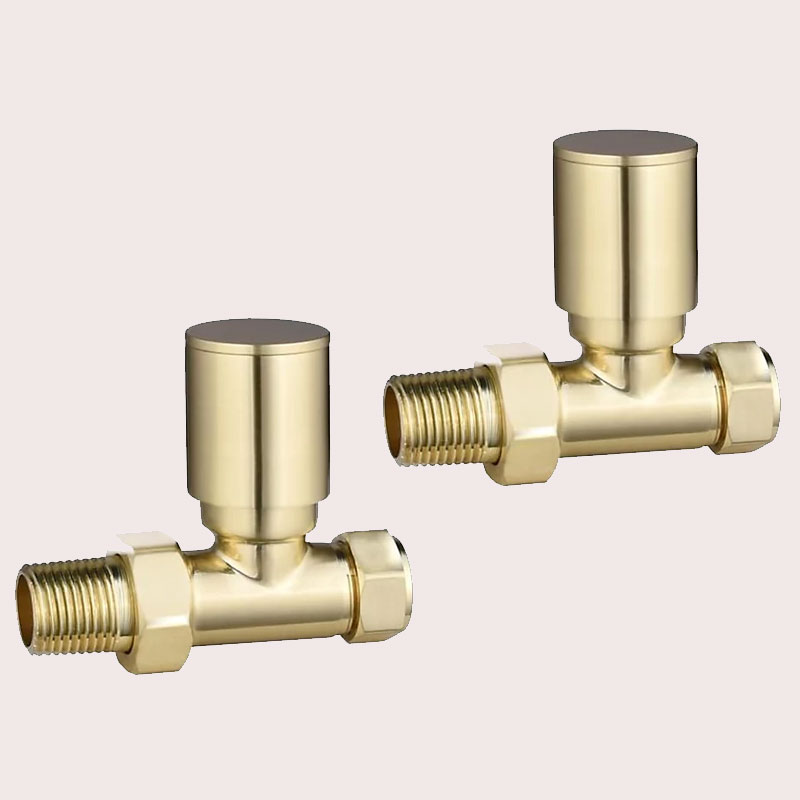
If you have leaking radiator valves, replace them with these smart brass valves to create a chic look around your home. Ideal for standard 15mm pipe work and comes with a 10-year guarantee.
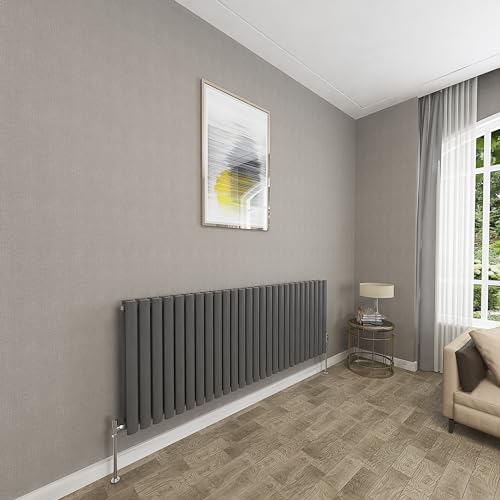
Made from 1.5mm high-quality low-carbon steel material, these double-panel designer radiators feature oval-shaped columns. Available in various sizes and three colours: White, Anthracite, and Black
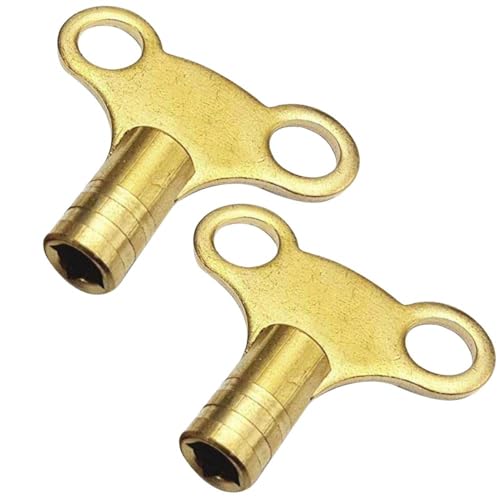
A pack of two basic brass butterfly-shaped radiator keys that will fit most UK radiators. Keep one to hand so you can use it when needed, and keep the other safe in case you need a spare at any time.
Repressurising a combi boiler
How you repressurise a boiler will depend on the boiler manufacturer. However, the principle is very similar and straightforward. “Most systems have a filling loop – a silver braided hose with taps at either end," says Patrick Garner. "You open the taps slowly and watch the gauge rise back to around one point two to one point five bar, then close them again.”
However, some combi boilers have standard copper pipe for a filling loop. To locate the taps on your combi boiler, refer to the manufacturer's manual for your boiler.
How to release pressure if it's too high
If the pressure is too high, it typically indicates an issue with the boiler. However, you shouldn’t panic, says Patrick Garner: “All combis also have a safety valve that kicks in around three bar to prevent things from getting dangerous. If you’re ever over three bar, it’s best to switch off and call an engineer.”
However, there are a few things you can do to help relieve the pressure. “If the pressure’s too high, bleeding radiators can reduce it slightly, or you might use a drain-off valve," he adds.
A drain-off valve will release water when needed, Patrick says, “It’s typically a brass valve within the heating system or boiler, with the purpose to release some water (in over-pressurised circumstances) from the system.”
For example, my Baxi boiler has a drain-off valve on the underside, which can be opened with a bleed key to drain off water and relieve pressure. However, not all boilers are the same, so refer to your manufacturer's manual for more detailed information. If in doubt, always call in a professional for advice rather than attempting it yourself.
FAQs
What happens if the pressure is too high and is left?
A combi boiler with high pressure shouldn’t be left, as Patrick Garner, Gas Safe Engineer at Heatable points out: “If a boiler's pressure is too high (towards 3 bar and upward), it will cause boiler issues and it will cease to function in a very short time frame.”
Thankfully, modern combi boilers have measures in place. “The vast majority of all modern boilers made in the last 20 years have failsafes for this, and it isn’t as dangerous as it sounds," he explains. “First, there is a ‘pressure release valve’ (PRV) that will release water to combat high pressure.”
If the high pressure is not dealt with, Patrick says, “Leaks within normal pipework that should not produce water will likely occur. Shortly after this, a lock-out will occur and simply shut the boiler down. In reality, if this happens, the boiler will shut down very quickly.”
High pressure can lead to issues which can prove expensive, as Patricks shares. “Replacing a damaged PRV valve can be quite costly and possibly cost upwards of £600," he says. “Pipework could also be damaged during leaks, which could incur small to significant costs, excluding any water damage.”
Will a combi boiler explode if the pressure exceeds its safe limit?
Don’t panic, a combi boiler will not explode as Patrick Garner shares, “A boiler ‘exploding’ is a bit of a moot point – people can understandably confuse this issue with gas – but overpressurisation is a water issue, and the boiler will likely shut down very quickly.
“However, if you notice your boiler's pressure rising or stuck on a particularly high bar, you should still proactively shut it down yourself as a precaution," he adds.
If your combi boiler is old and experiencing issues on a regular basis, you may need to consider replacing it with a new one.
If you do need a new boiler, you might also want to consider moving your boiler to a different location if there would be a more suitable place for it in your home.
Steve Jenkins is a freelance content creator with over two decades of experience working in digital and print and was previously the DIY content editor for Homebuilding & Renovating.
He is a keen DIYer with over 20 years of experience in transforming and renovating the many homes he has lived in. He specialises in painting and decorating, but has a wide range of skills gleaned from working in the building trade for around 10 years and spending time at night school learning how to plaster and plumb.
He has fitted kitchens, tiled bathrooms and kitchens, laid many floors, built partition walls, plastered walls, plumbed in bathrooms, worked on loft conversions and much more. And when he's not sure how to tackle a DIY project he has a wide network of friends – including plumbers, gas engineers, tilers, carpenters, painters and decorators, electricians and builders – in the trade to call upon.

